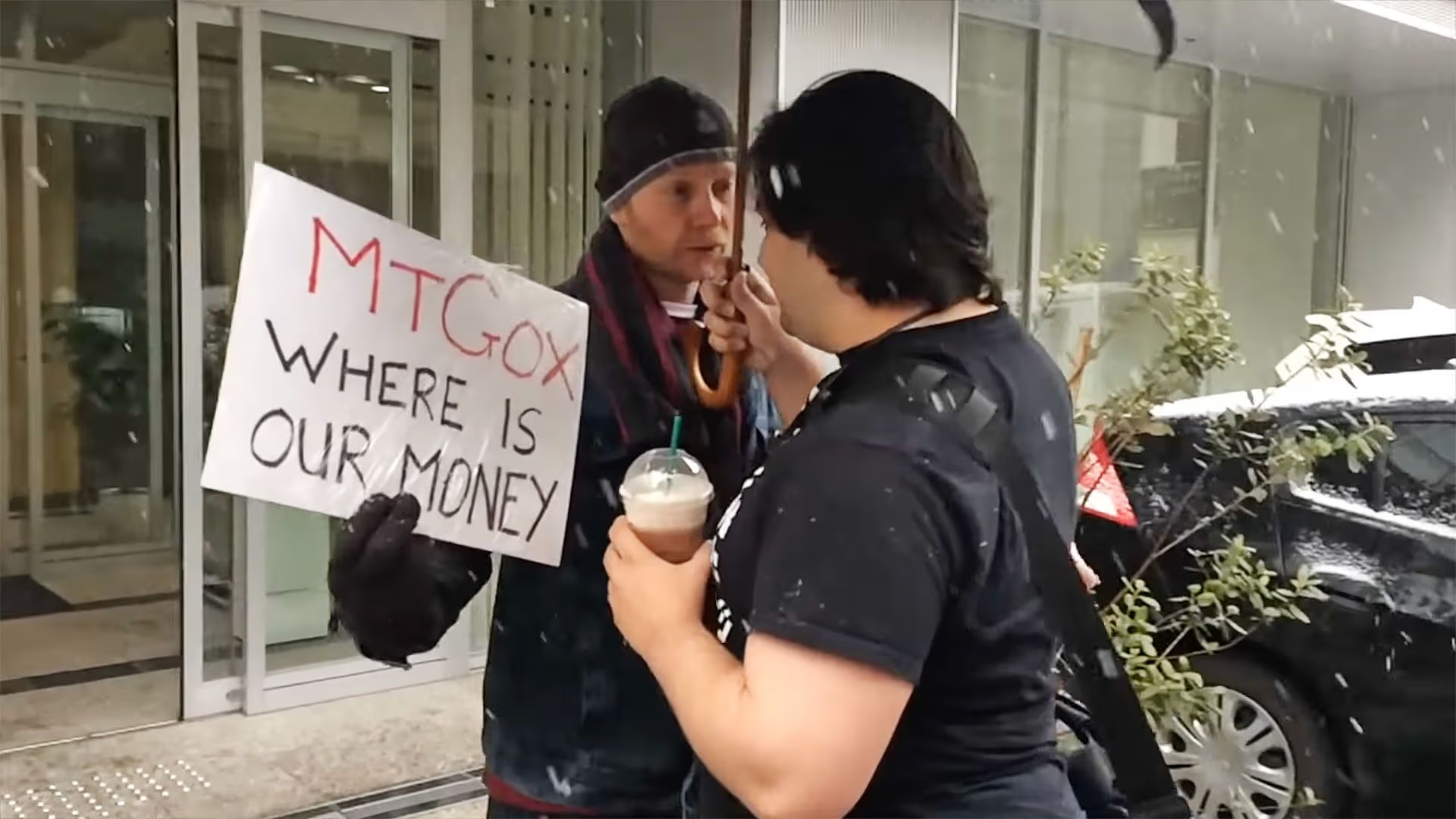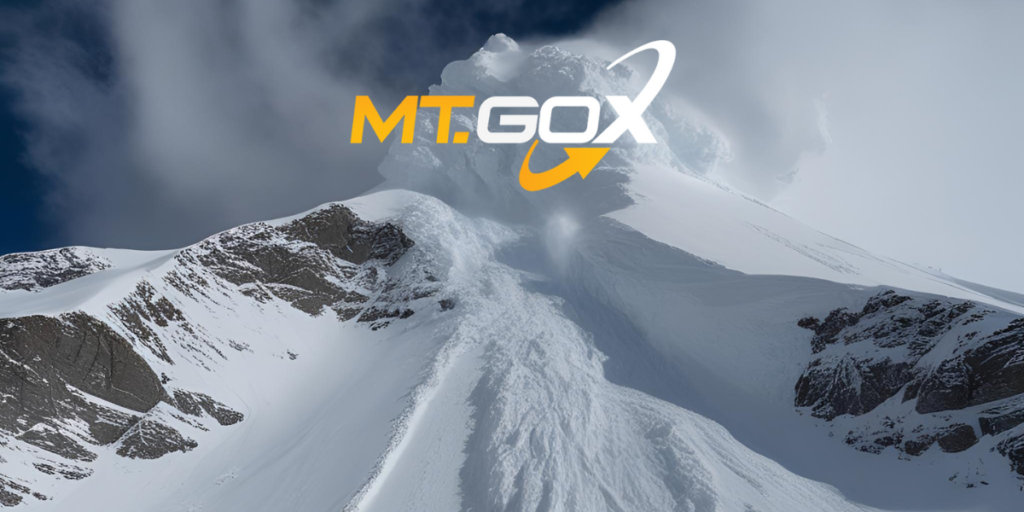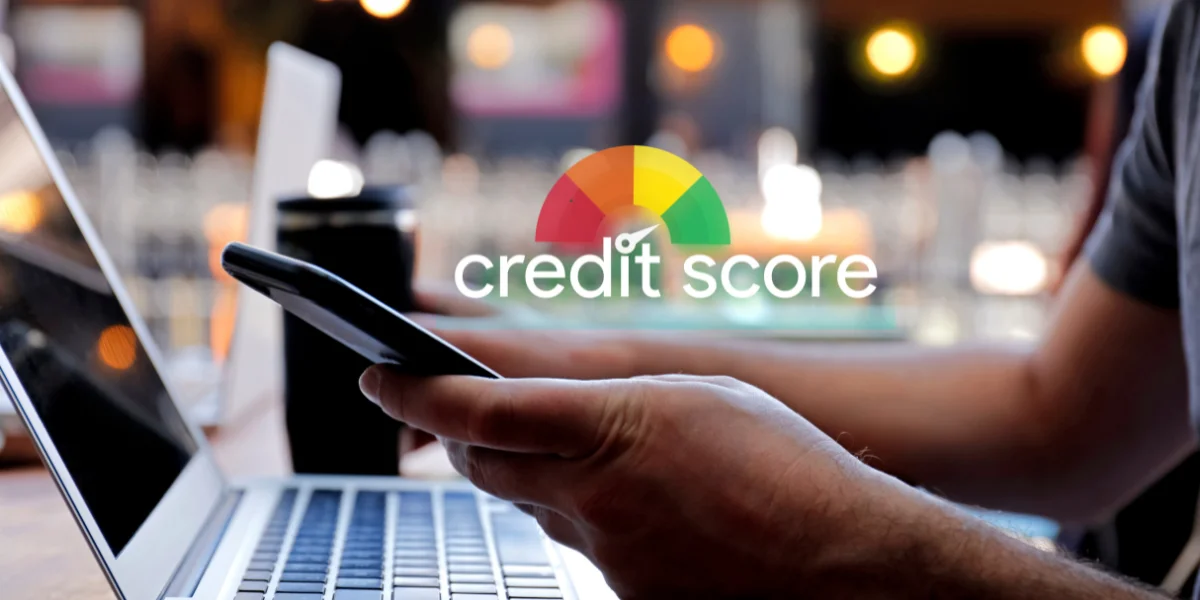Mt. Gox, which once handled 70% of all Bitcoin trades worldwide, just moved 12,000 BTC worth over £800 million to an unknown wallet. This massive transfer happened on March 6, 2025. It’s the first major movement we’ve seen since January 2025. The transaction stands out as one of the biggest events in recent crypto history. The exchange still holds about 36,080 BTC, valued at £3.26 billion. Back in 2014, Mt. Gox went bankrupt after hackers stole more than 800,000 BTC. Now creditors must wait until October 31, 2025, to get their money back. These wallet movements could shake up Bitcoin’s market value, just as they’ve done before.

Mt. Gox Trustee Executes Massive Bitcoin Transfer
Mt. Gox’s trustee has moved a massive amount of Bitcoin. The transfer included 32,371 BTC, worth about £1.74 billion, to three new wallets in just two hours. Blockchain analytics firm Spot On Chain tracked 30,371 BTC going to an address “1FG2C…Rveoy”. They also noted 2,000 BTC moved to a Mt. Gox cold wallet “1Jbez…LAPs6”.
The trustee has already distributed 41.5% of its Bitcoin to creditors, totaling 59,000 Bitcoin. A July 5, 2024 announcement showed that the Rehabilitation Trustee paid some creditors in Bitcoin and Bitcoin Cash through specific cryptocurrency exchanges.
The next round of repayments needs these conditions met:
- Confirmation of registered account validity
- Designated exchanges must accept Agency Receipt Agreement
- Trustee and exchanges need to complete their discussions
- Secure repayment processes require verification
Recent blockchain data shows Mt. Gox transferred 32,871 BTC (£1.76 billion) in the past four days. The transfers included 296 BTC (£15.99 million) sent to cryptocurrency exchanges B2C2 and OKX. Mt. Gox’s known wallets still hold about 12,006 BTC (£643.27 million).
Nobuaki Kobayashi, the trustee, controls roughly 142,000 bitcoin valued at £7.03 billion. Creditors could choose between full cash payment or a mix of cryptocurrency and cash. Most of them picked bitcoin as their preferred payment method.
The final distribution amount comes to about 75,000 bitcoin, after creditors agreed to a 10% cut for early payout. Claims funds will receive around 20,000 coins, while the Bitcoinica bankruptcy gets about 10,000 coins. Individual creditors will get the remaining 65,000 coins. These creditors have waited over a decade to get their bitcoin back.

How Markets React to Mt. Gox Settlement News
Bitcoin markets have shown varied responses to Mt. Gox’s settlement activities. The market proved remarkably resilient, despite early worries. Bitcoin stayed stable above £71,474. This stability continues even though Mt. Gox-affiliated wallets hold 36,080 BTC, worth about £2.59 billion.
The market hasn’t seen major price drops from past Mt. Gox transactions. Bitcoin’s price changes seem more connected to bigger economic factors. To name just one example, Bitcoin moved between £75,262 and £65,662 from March 3 to March 4, 2025. U.S. trade tariffs caused these fluctuations.
Professional traders and big investors now trust the market’s strength against potential selling pressure. Data from Santiment shows whale transactions over £0.79 million dropped 30% between February 25 and March 5. Large investors seem to watch and wait.
The futures markets paint a different picture. Open interest grew 8% to £41.09 billion. This jump in derivatives activity suggests growing institutional participation, despite ongoing Mt. Gox settlements.
Market experts disagree about potential risks:
- Some analysts expect a possible 20% price correction if creditors sell in mass
- Others say the market has grown much stronger since 2014 and can handle large distributions better
- JPMorgan’s analysts think pressure might last through July before markets bounce back in August
Past events give great context. Markets stayed stable when U.S. Marshals Service sold Silk Road’s seized bitcoins in 2014. Germany’s recent sale of 5,000 bitcoins worth £246.19 million only caused brief market swings.
Trading volumes back up market strength. Trusted exchanges average £6.94 billion in daily trading. This deep liquidity means markets can handle potential selling pressure from Mt. Gox distributions.
Mt. Gox creditors seem to favour holding long-term. Many chose a 10% smaller claim for early repayment that indicates less immediate selling pressure. This matches the market’s growing maturity. Cryptocurrency exchanges now use better risk management systems than in 2014.

What Experts Predict About Mt. Gox Release Impact
Financial analysts have different viewpoints about how Mt. Gox’s massive Bitcoin distribution could affect the market. CoinShares’ head of research James Butterfill believes the market has enough liquidity to handle potential sales. He points to trusted exchanges that show daily trading volumes of £6.94 billion.
Ledn’s chief investment officer John Glover expects significant Bitcoin sales as investors look to lock in their profits. Bitcoin’s value jumped by more than 8,500% in the last decade, which means most creditors might want to cash in on these gains.
OKX’s chief commercial officer Lennix Lai takes a more positive viewpoint. He believes many early Mt. Gox users are still passionate Bitcoin supporters who won’t rush to sell. Alex Thorn at Galaxy Research adds that individual creditors will receive only 64,000 Bitcoin out of the total 142,000 BTC.
I think that sell-off concerns relating to Mt. Gox will likely be short term. https://t.co/1Z8IS70njP
— Lennix Lai (@LennixOKX) July 3, 2024
JPMorgan analysts think the market might face selling pressure in July but should recover from August. Recent events support this view – Bitcoin stayed strong after Gemini gave out £1.73 billion in crypto to its frozen Earn users.
Finance analyst Jacob King takes a more careful approach. He suggests Mt. Gox repayments could add £6.51 billion worth of selling pressure to Bitcoin’s price. King estimates about 99% of creditors might sell their coins right away, based on current low trading volume.
CoinShares research shows the actual distributed amount could be around 75,000 bitcoin since creditors took a 10% cut for early payout. These coins are split as follows:
- 20,000 coins are designated for claims funds
- 10,000 coins are allocated for Bitcoinica bankruptcy
- 65,000 coins remain for individual creditors
The market should handle large-scale distributions better now than in 2014 due to its maturity. Spreading repayments across multiple exchanges like Bitstamp, Kraken, and BitGo helps reduce immediate market effects. Short-term price swings seem likely though.
Wrapping Up
Mt. Gox’s massive Bitcoin transfers represent a key moment in cryptocurrency history. The exchange moved billions in value while retaining 36,080 BTC. The market has stayed remarkably stable above £71,474 despite these large movements.
Expert predictions about the market’s future range from a possible 20% downturn to minimal effects. Bitcoin’s ecosystem has matured substantially since 2014. Daily trading volumes reach £6.94 billion on trusted exchanges, which shows the market can handle large-scale distributions effectively.
Mt. Gox’s creditors seem to prefer holding their assets long-term, and the payouts happen gradually. These factors suggest the market will respond calmly rather than face major disruption. While prices might fluctuate short-term, Bitcoin’s strength and robust market structure prove it can handle this historic distribution phase well.



